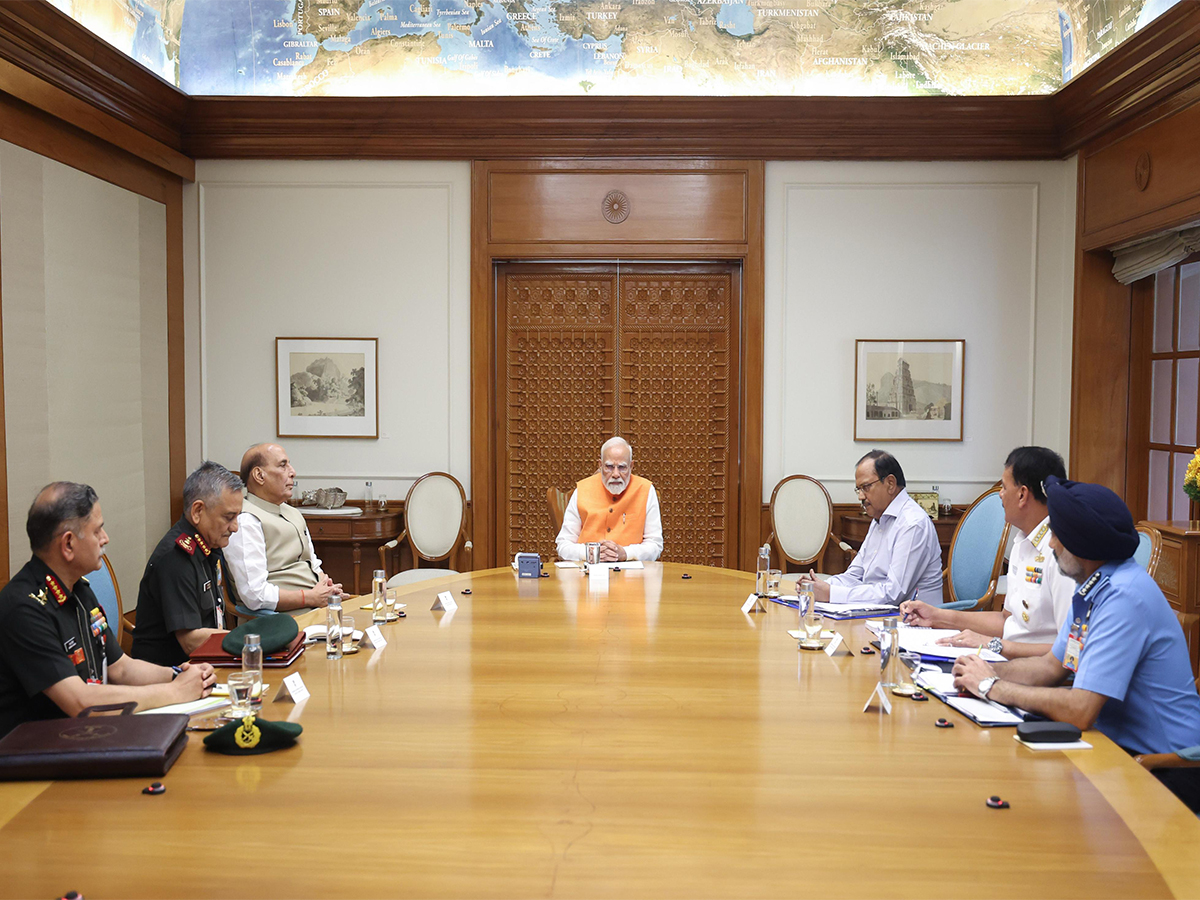Karnataka: Banner with Veer Savarkar's poster at Ganesh Pandal removed from Hubballi Idgah Maidan
Sep 01, 2022

Hubballi (Karnataka) [India], September 1, : Posters of Veer Savarkar and Bal Gangadhar Tilak put up on stage during Ganesh Chaturthi celebrations at the Idgah ground Maidan in Hubbali were removed by the authorities on Wednesday night.
Savarkar's photograph was also placed next to the idol, and a poster of Savarkar on a banner was placed on the dais.
Authorities said the banner sporting the images was removed as it violated the permissible criterion for the event.
However, a banner with a picture of Veer Savarkar was put on display outside the main entrance of the Rani Chennamma Maidan Gajanan Utsav Mahamandal event at the Eidgah Maidan.
Union minister Prahlad Joshi on Wednesday said Savarkar's photo had been put as a backdrop. "The organisers believe that Savarkar is a great patriot so they have put it. What's wrong with that," Joshi said.
He was speaking with mediapersons after attending Maha Arati at the Idgah Maidan Ganesh celebrations. The celebrations were held amid tight security and heavy police presence.
Earlier on Tuesday, the Karnataka High Court had allowed Ganesh Chaturthi celebrations to go ahead at the Idgah ground in Hubbali. The order rejecting the petition filed by Anjuman-E-Islam said, the ground is the property of the Hubli-Dharawad Municipal Commission and they can allot the land to whoever they desire so.
This is the first time that the Hindu festival is being celebrated at the controversial ground.
The Idgah ground in Hubballi has been caught up in a controversial dispute for decades until 2010, when the Supreme Court in its judgment held that, the ground is the exclusive property of Hubli-Dharawad Municipal Corporation.
In 1921, the ground was leased to the Islamic organization, Anjuman-E-Islam for 999 years to hold prayers. Post-Independence, many shops were opened on the premises. This was challenged in court and a long litigation process started which halted in 2010 after the Supreme Court judgment. The top court had granted permission for prayers twice a year and not to build any permanent structure on the ground.
















